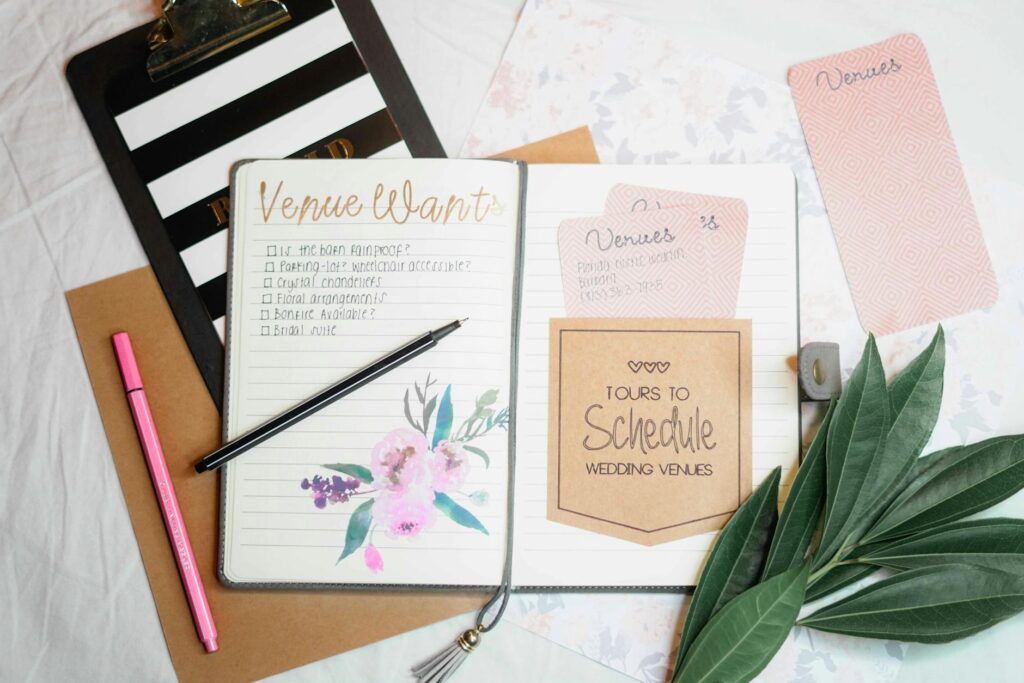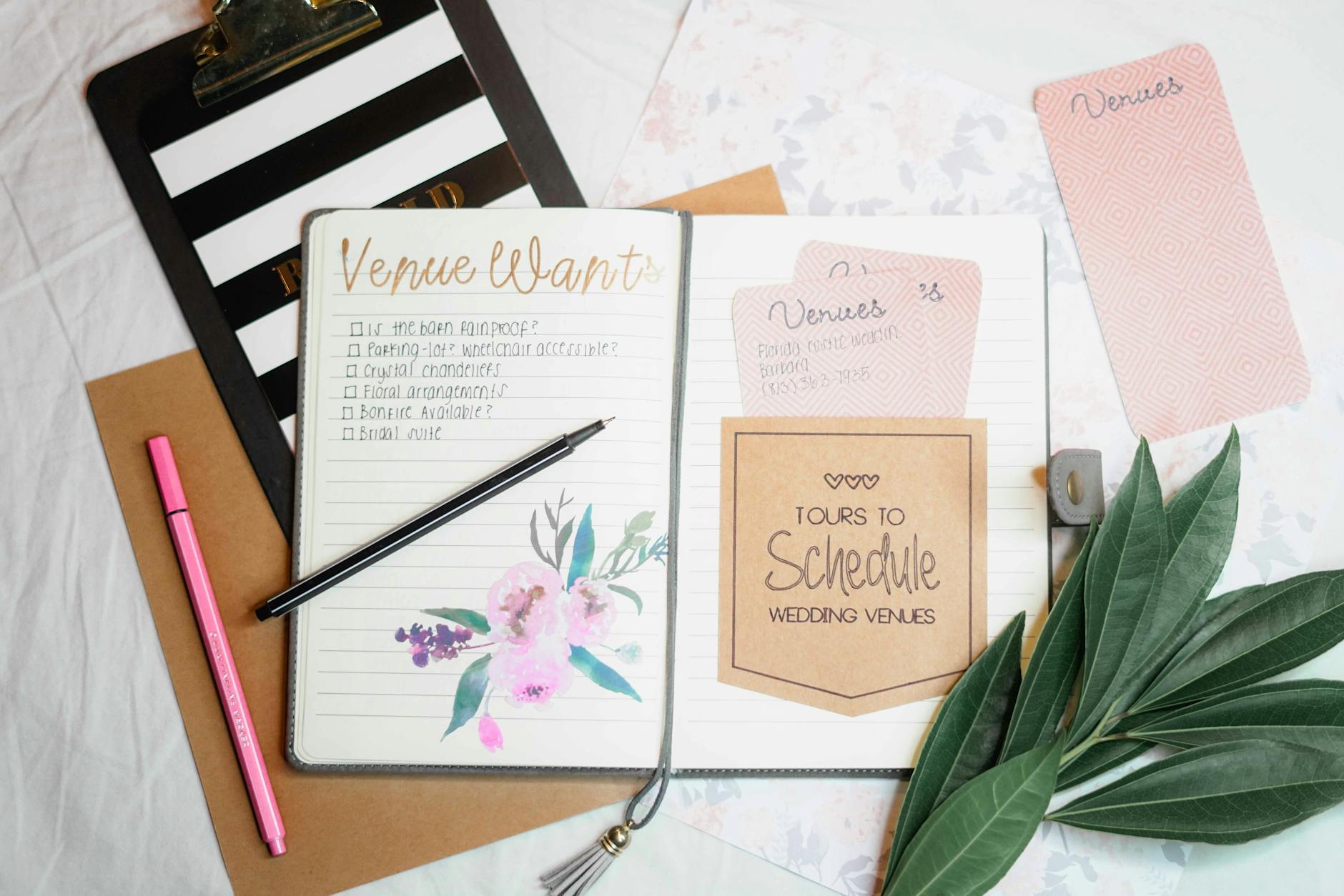What is schedule organizers?

What is schedule organizers?
In an age where every minute counts, schedule organizers have become essential tools for anyone looking to enhance productivity and manage their time more effectively. But what exactly are they? Schedule organizers are systems—be they digital or paper-based—that help you plan, prioritize, and track your tasks and appointments. By incorporating a schedule organizer into your daily routine, you can streamline your activities and ensure that you’re making the most of your time.
Understanding Schedule Organizers
At their core, schedule organizers are designed to keep your life on track. They come in various forms, including traditional paper planners, wall calendars, and increasingly popular digital applications. Each type has its own advantages and can be tailored to fit different lifestyles and preferences.
Types of Schedule Organizers
When it comes to schedule organizers, the options are vast. Here’s a closer look at some of the most common types:
- Planners: These are typically bound books that allow you to jot down appointments, tasks, and notes. Many people enjoy the tactile experience of writing things down, which can enhance memory retention.
- Calendars: Wall or desk calendars provide a visual overview of your month or year, helping you to see important dates at a glance.
- Apps: Digital applications like Google Calendar and Todoist have made it easier than ever to manage schedules on the go. These tools often include reminders and alarms to keep you on track.
- Online Tools: Websites like Day-Timer and AT-A-GLANCE offer various planners and calendars that can cater to different needs.
Benefits of Using Schedule Organizers
Integrating a schedule organizer into your daily life offers numerous advantages:
- Improved Organization: Schedule organizers help you keep track of tasks and appointments, reducing the likelihood of forgetting important events.
- Better Time Management: By visualizing your commitments, you can allocate your time more effectively, ensuring that you meet deadlines without feeling overwhelmed.
- Stress Reduction: Knowing what you need to do and when can alleviate the anxiety that often comes with a busy schedule. According to GOS, planners help you manage your time more effectively, leading to a calmer mindset.
How to Choose the Right Schedule Organizer
With so many options available, selecting the right schedule organizer can be daunting. Here are some tips to help you make the best choice for your needs:
Consider Your Working Style
Everyone has a unique working style, and understanding yours is key to choosing the right organizer. Do you prefer to jot down notes by hand, or are you more comfortable using digital tools? Assess your habits and how you interact with your schedules to find an organizer that fits seamlessly into your routine.
Evaluating Features
When choosing a schedule organizer, look for essential features that will enhance your experience. For instance, consider:
- Ease of Use: The organizer should be intuitive and simple to navigate, allowing you to input information quickly.
- Integration with Other Tools: If you use other digital tools, ensure your organizer can sync with them. This can streamline your workflow and reduce redundancy.
- Customization Options: Some people value flexibility, so look for organizers that allow you to personalize layouts or themes to suit your style.
Effective Strategies for Using Schedule Organizers
Once you’ve chosen a schedule organizer, it’s time to harness its full potential. Here are some strategies to help you maximize its effectiveness:
Setting Realistic Goals
When planning your schedule, it’s essential to set achievable goals. Break down larger tasks into smaller, manageable steps. This not only makes your workload less daunting but also provides a sense of accomplishment as you complete each task. Remember, it’s better to under-promise and over-deliver than to set yourself up for failure.
Regular Review and Adjustment
Schedules can change quickly, so it’s crucial to review your organizer regularly. Take a few minutes at the end of each week to assess your progress and adjust your plans as needed. This habit will keep you on track and ensure that you’re not overwhelmed by last-minute changes.

Photo by Natasha Fernandez
Conclusion
In a world where time is precious, schedule organizers can be invaluable allies in achieving work-life balance and enhancing productivity. By understanding the types of organizers available, selecting one that fits your style, and employing effective strategies, you can take control of your time. Start using a schedule organizer today, and see how it transforms your daily routine, allowing you to focus on what truly matters in your life. Whether it’s achieving career goals or finding time for personal pursuits, a schedule organizer can help you get there.